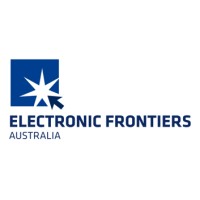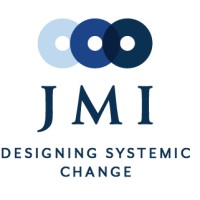
Electronic Frontiers Australia
Electronic Frontiers Australia Inc. (EFA) is a non-profit national organisation representing Internet users concerned with on-line freedoms and rights. EFA was established in January 1994 and incorporated under the Associations Incorporation Act (S.A.) in May 1994. EFA is independent of government and commerce and is funded by membership subscriptions and donations from individuals and organisations with an altruistic interest in promoting online civil liberties. Our major objectives are to protect and promote the civil liberties of users and operators of computer based communications systems such as the Internet, to advocate the amendment of laws and regulations in Australia and elsewhere (both current and proposed) which restrict free speech and to educate the community at large about the social, political, and civil liberties issues involved in the use of computer based communications systems.






